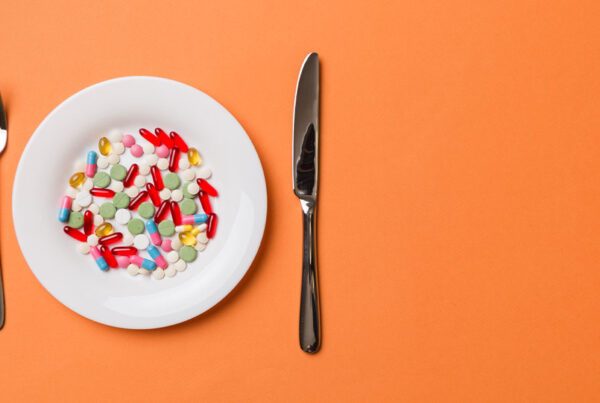Lifestyle Habits to Reduce the Risk of Cancer
We all know that there are great advances in treatment, but cancer still remains as a leading cause of death worldwide. According to the WHO between 30–50% of cancers can currently be prevented by avoiding risk factors and implementing existing evidence-based prevention strategies. Among these evidence-based strategies are the 2012 American Cancer Society Guidelines for Cancer Prevention which have a strong correlation between increased adherence to diet recommendations and decreased cancer mortality.
In recent years, research has shown that various dietary and lifestyle patterns are associated with health risks, and it’s becoming more and more evident that an integrated diet and lifestyle pattern of a healthy, balanced diet, adequate physical activity and maintenance of a healthy weight will have a significant impact on reducing cancer risk.
Five tips to reduce your cancer risk
● Maintain or achieve a healthy weight
Excess body weight is associated with an increased risk for several types of cancer. It’s important to maintain a healthy body weight, or lose weight if you have a high body mass index (BMI).
● Limit added sugars and solid fats
Limit your intake of foods with added sugars and solid fats that provide a lot of calories but few nutrients. These foods include sugar-sweetened beverages, highly processed snack foods and desserts.
● Include vegetables, fruits and whole grains
Non starchy vegetables, whole fruits and whole grains are linked with a lower cancer risk. It’s not clear which components in vegetables and fruits are most protective against cancer. So enjoy a variety of these foods as they are often rich sources of a variety of nutrients.
● Moderate your portions of red and processed meats
Some studies suggest a link between colon and other types of cancer and red meat intake. This is especially true for processed meats such as ham, bacon and hot dogs. If you eat these foods, choose them in moderation.
● Avoid or limit alcohol
Alcohol consumption is considered to be a major modifiable risk factor for cancer. Even a moderate amount of alcohol may increase your risk of some types of cancer.
Though diet and exercise are critical components of healthy lifestyles, it’s also important to remember that sleep is inherently linked with what we eat, how we exercise and how we function on a daily basis. Getting the proper amount of sleep each night is necessary. Knowing what foods and drinks to avoid is part of the happy sleeping equation. Caffeine, alcohol, high-fat meals and sugary snacks may ruin a good sleep. Sleep quality is affected by a huge number of factors, including stress at home or at work, looking at bright screens before bed or a poor digestion.
Stress is a major reason that people today are becoming more and more susceptible to many diseases, including cancer. Stress distresses the body and mind, which creates an environment of inflammation. This environment is what suppresses immunity further, which then increases the risk of falling sick.
Tags: Cancer prevention, risk factors, cancer patient, cancer nutrition, diet, lifestyle, yoga, mental wellness, stress, physical activity, immunity, cancer survivor, sleep, healthy weight, sugar, healthy living, lifestyle changes, cancer fighting foods, healthy fats, cancer and smoking, alcohol consumption, lifestyle management, cancer exercise, physical health, emotional wellbeing









